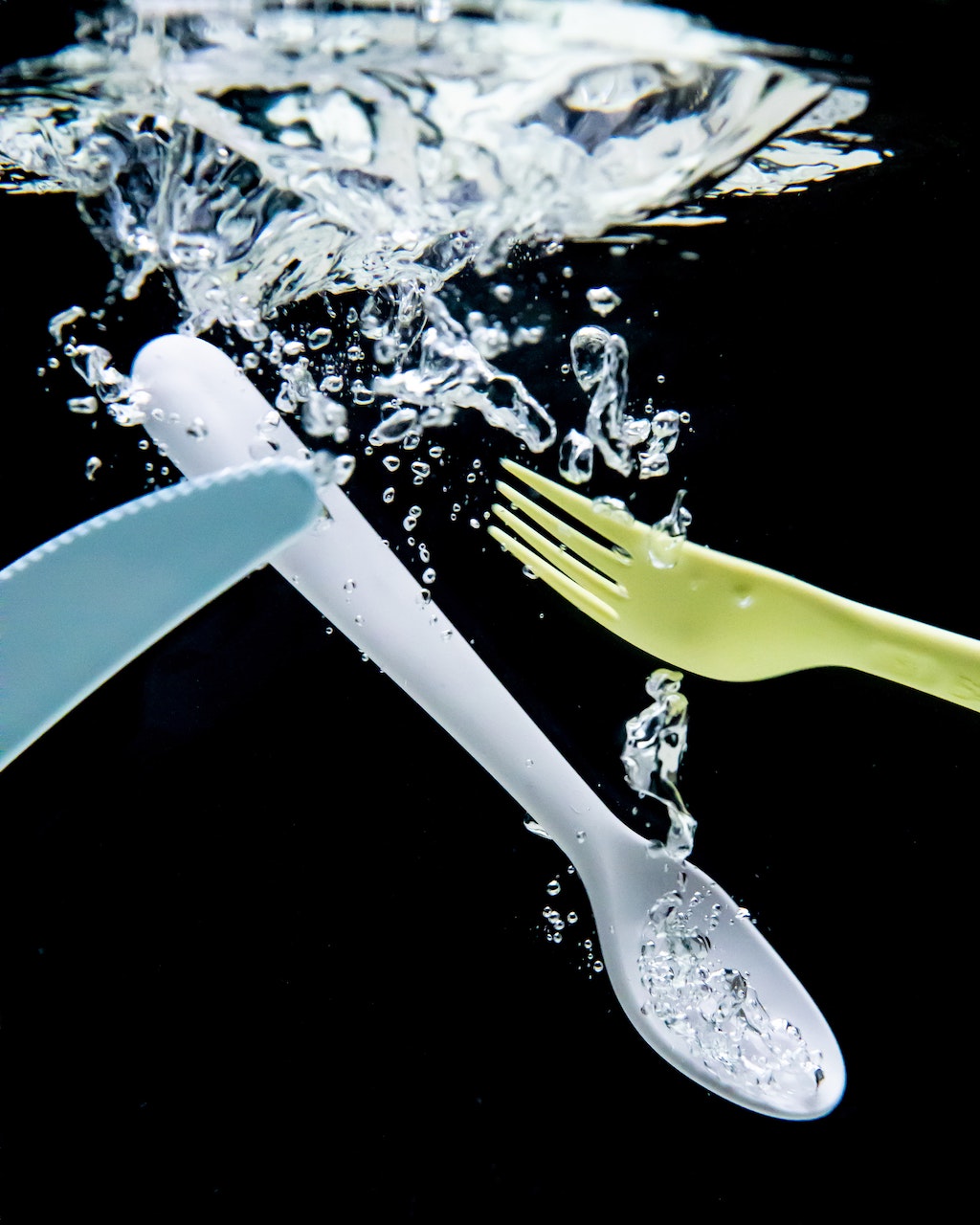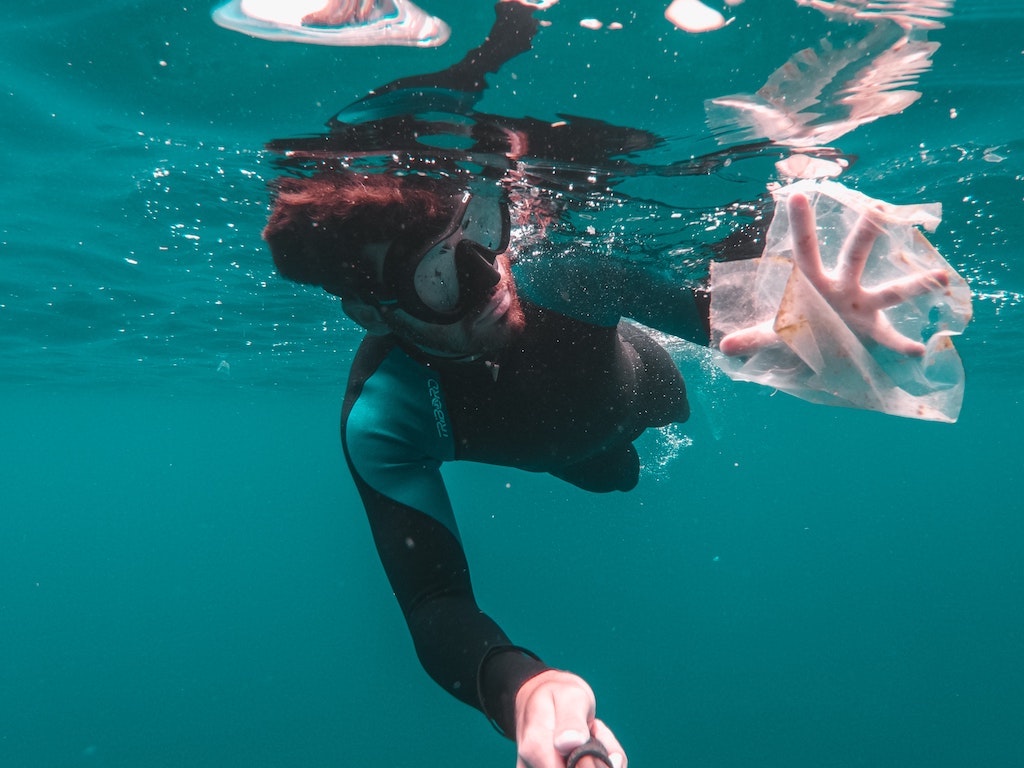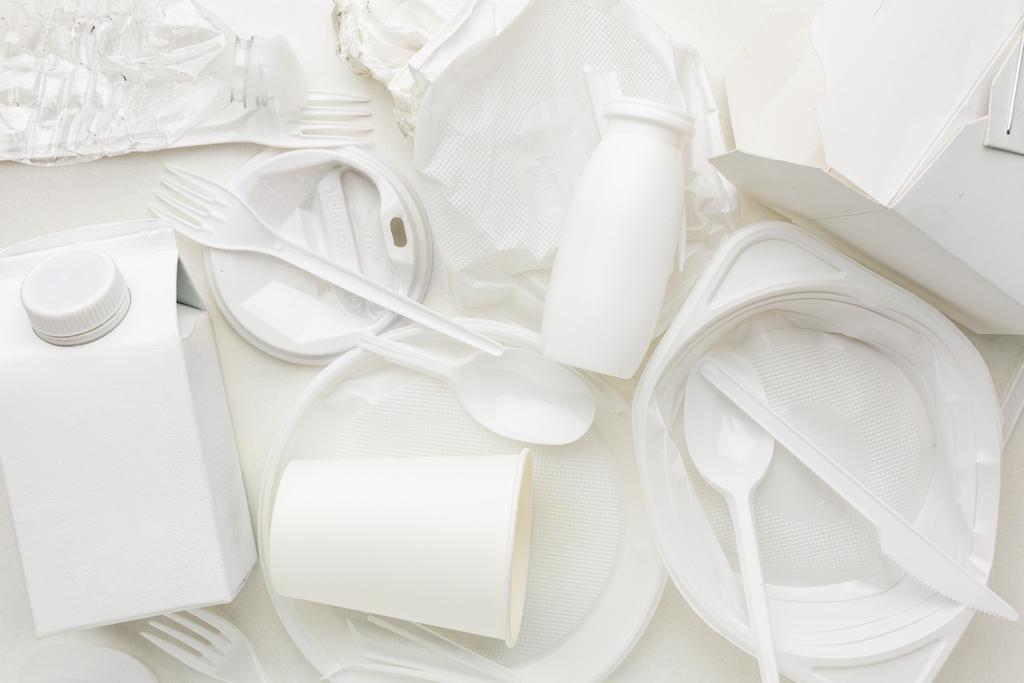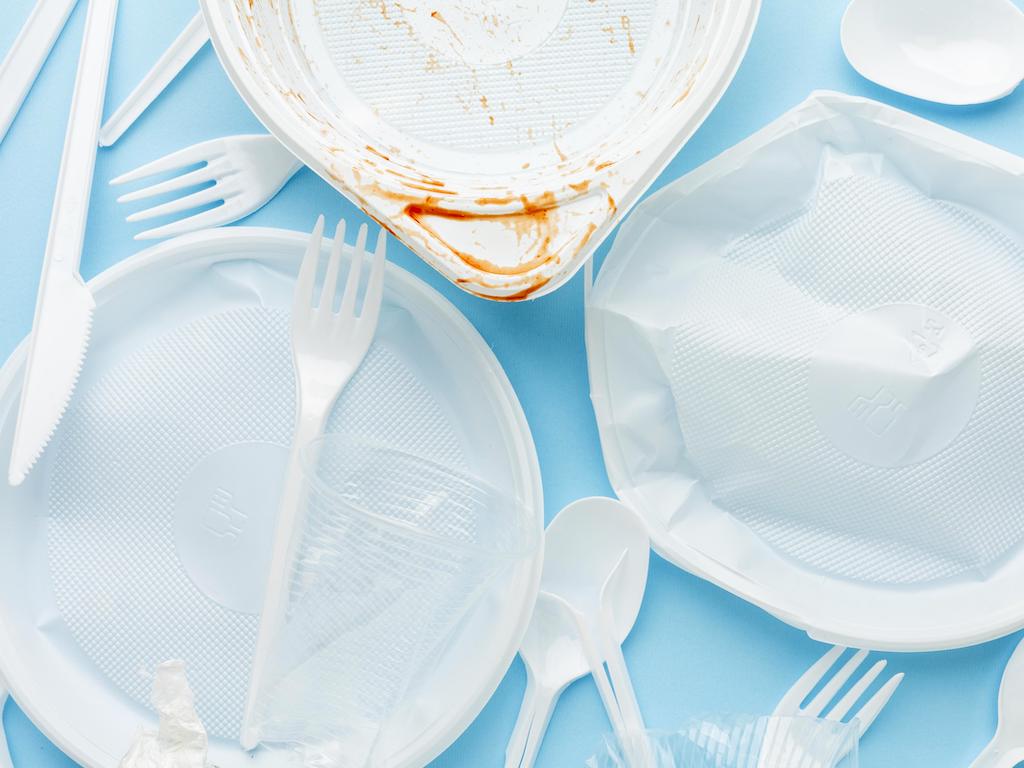4 Mins Read
The UK government has outlined plans to ban single-use plastic cutlery, plates, and polystyrene cups in England. The proposal will be discussed during the upcoming public consultation in autumn, as the government launches what it calls a “war on plastic”. While environmental campaigners have welcomed the move, groups have emphasised that more action still needs to be taken to tackle the waste crisis.
The British government has just announced plans to wage a “war on plastic” as part of its new environment bill. The legislation is set to include a series of bans on single-use plastic items, including cutlery, plates and polystyrene cups in England. Further discussion on the proposal will take place in the autumn months through a public consultation process.
Single-use plastic ban
Following the footsteps of the European Union, which just ushered in the new laws banning single-use plastic items in July, the UK is now setting out similar bans covering disposable plastic cutlery, plates, and polystyrene cups.

While only these three plastic items have been named, the government has not ruled out other single-use plastic products that could also be banned in England. It says a “raft of items” could be included in the new policy to push businesses to switch to “more sustainable alternatives and prevent plastic litter from polluting our landscapes.”
So far, the UK government has placed limits on the supply of plastic straws, stirrers, and cotton buds and introduced a carrier bag charge.
Disposable plastic consumption
Ministers say that the new ban will be aimed squarely at slashing the high rate of single-use plastic consumption in England, with the long-term goal of “preventing all avoidable plastic waste by the end of 2042”.
According to the government, the average person in England uses 18 disposable plastic plates and 37 pieces of disposable cutlery every year. In a recent study, researchers found that takeaway packaging such as single-use bags, bottles, containers, and wrappers account for nearly half of all plastic pollution left on shorelines and the ocean.

“We’ve all seen the damage that plastic does to our environment. It is right that we put in place measures that will tackle the plastic carelessly strewn across our parks and green spaces and washed up on beaches,” commented environment secretary George Eustice, who added that the raft of bans will align with the goal to “build back greener” from the coronavirus pandemic.
Other measures that the government says it wants to implement include an extended producer responsibility (EPR) scheme that will require plastic producers to pay for the cost of recycling and disposal, as well as a plastic packaging levy from 2022 onwards, which will tax items that do not contain at least 30% recycled content.
‘We need the government to go much further’

While green groups have welcomed the move, many are still concerned that the measures will not go far enough to make an impact on the enormous plastic crisis.
“We welcome the news that the government are taking steps to tackle some of the most polluting single-use items. This is a much-needed move, that we as campaigners have been calling for, along with thousands of our supporters and members of the public,” said Jo Morley, head of campaigns at environmental NGO City to Sea.
“[But] we need the government to go much, much, much further, we are facing a plastics crisis and we need to turn off the tap.”
Morley, along with other groups such as Friends of the Earth, say that policies must encourage people to drastically reduce plastic consumption altogether and shift towards reusable models, rather than simply banning disposable products.
In July, the World Economic Forum released a report finding that if the world simply reused just 10% of plastic packaging, as much as half of annual plastic waste would be prevented from entering the ocean.
Lead image courtesy of Freepik.




